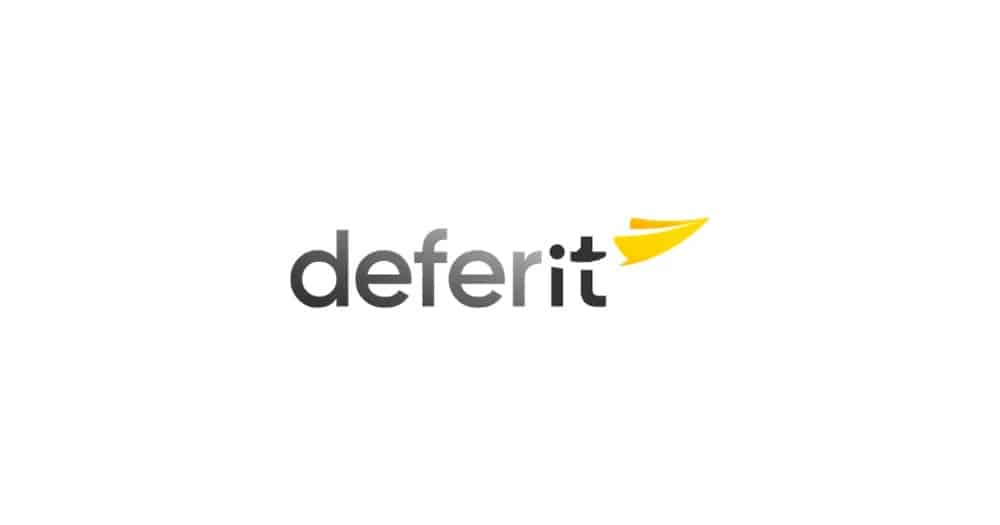How Do You Know Which Fleet Insurance is Right for You?

When choosing fleet insurance for your business, there are many things to consider, and the options seem endless. There are several different types of coverage you might need, depending on the size of your fleet and the value of your vehicles, and each has its own set of pros and cons.
If you don’t know which insurance policy to go with, here’s how to choose fleet insurance that will suit your company best and protect you from financial hardship in the event of an accident or theft.
Considerations Before Buying Vehicle Insurance
First, you have to decide what kind of insurance you need. Here are some options: liability coverage, collision and comprehensive coverage, uninsured/underinsured motorist protection and medical payments coverage. Some states even require certain coverages or a minimum amount of liability protection.
Be sure to check your local laws before purchasing a policy. Also, consider what your vehicle is worth, who pays for its use (you or your employees) and whether you want to insure it fully or partially—and if so, how much do you want to protect it against theft or damage?
You should also assess how often you use your vehicle. If it’s used daily, you may want to consider comprehensive collision coverage. These coverages are optional, but if you have them, they could help pay for damage to your car resulting from an accident with another vehicle or objects (for example, a tree or light pole) or weather-related damage (such as hail).
In some cases, even if you don’t use these types of policies, your car insurance company may require that you carry proof of insurance before they’ll provide coverage in case of a claim.
What Are The Different Types Of Insurance You Should Look Into?
The three main types of fleet insurance are third-party liability, physical damage, and comprehensive. Third-party liability covers any damages your company might cause to another party or their property. Physical damage insurance covers you if your vehicle gets into an accident or has a mechanical failure (for example, if it’s stolen or involved in a flood).
Comprehensive insurance covers things such as fire and theft. You should talk to an agent to determine which type(s) of coverage you need based on how you operate your fleet. Remember that different policies may have different deductibles; make sure to budget accordingly.
Finally, you’ll want to make sure that any insurance you purchase covers all of your vehicles. This means talking to an agent to understand how much coverage they provide and how much coverage it provides on a per-vehicle basis.
Don’t wait until after you buy a new vehicle, as deductibles can vary dramatically by individual vehicle or vehicle type, which can cause large swings in your annual bill if you don’t plan. For example, SUV deductibles are often significantly higher than sedans.
The pros and cons of different types of insurance: Third-party liability protects against accidents that might hurt others but don’t cover any potential damages done to your vehicles from such accidents.




